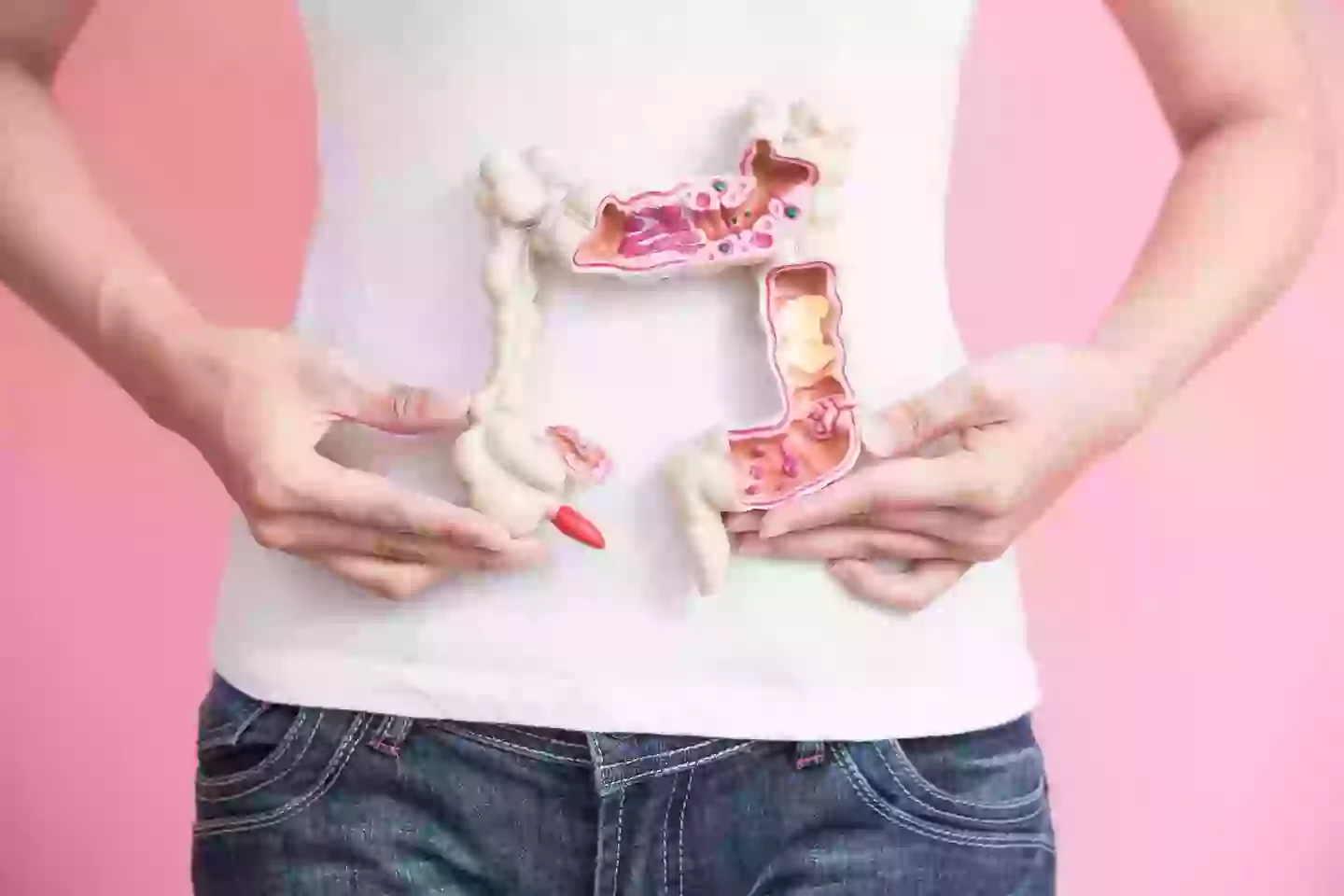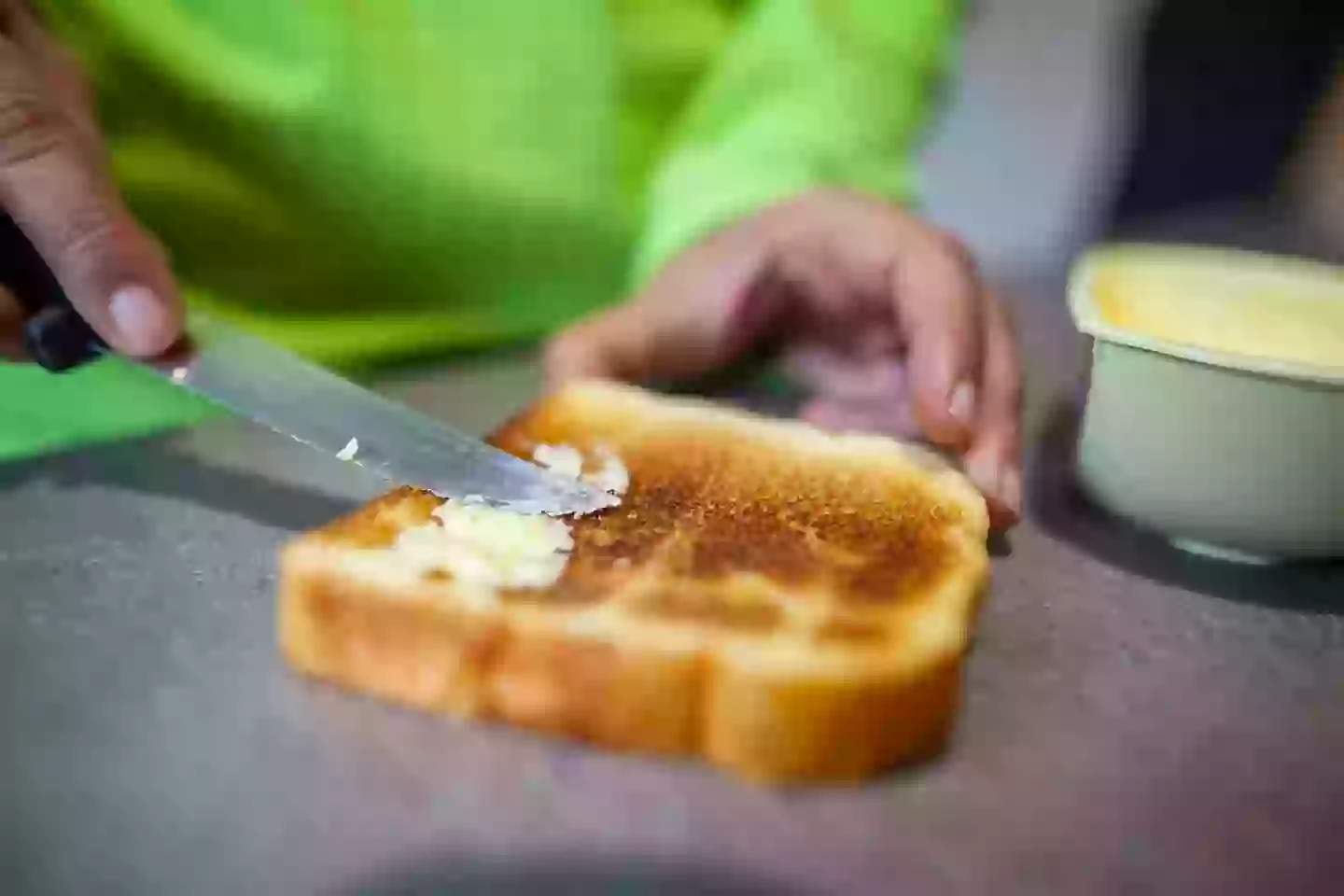.webp)
According to experts, Generation Z and Millennials are doing one thing that might be contributing to the rise in colon cancer.
Even though mental health and overall wellness is something that the two generations care about, that doesn’t mean that they are taking care of themselves where it matters.
As colorectal cancer has seen a recent surge in younger people, with around 44,100 new bowel cancer cases in the UK every year being diagnosed, according to Cancer Research UK, there’s something that could be at the forefront of causing the rise.
Advert
You can take all of the supplements, injections, powders and advice from influencers, but none of those things can prevent you from developing the cancer if you are continuing this one habit.

The link between diet and colon cancer
According to three experts, it’s all to do with the Western diet, which is too good to share but isn't great for your health.
Advert
Known for its love of fast food, which is high in carbohydrates, sugars and fats and low on fibre, it’s a recipe for disaster.
Tim Spector, an epidemiologist, and scientific co-founder of health science company ZOE, told Newsweek that Gen Z and Millennial diets aren’t great.
He said: "It seems that younger generations want to eat well. However, because 'wellness' has become fashionable, there's a great deal of misinformation on social media. This can make it difficult for people of any age to know how to eat healthily.”
Because ultra-processed foods (UPF) are everywhere and are easily accessible, it’s hard to eat correctly.
Advert
UPFs actually rise the risk of several types of cancer, but it’s hard to know what UPF is and what isn’t.
For example, any fizzy drink is an UPF, and so is white bread. Even granola is ultra-processed.

Fibre in your diet is key
Dr Anne K. Mongiu, a colon and rectal surgeon shared that the key is eating plenty of fibre, and also gut-friendly foods like kimchi and other fermented snacks.
Advert
She said: "We know that high fibre diets can help reduce risk for colorectal cancer but unfortunately the American diet is typically low in fibre."
As is the British diet.
She said: "This kind of diet tends to promote obesity and issues with metabolism. There are multiple things that change when a person is obese and/or has metabolic syndrome. These conditions can change the environment within the body and lead to things like chronic inflammation, development and growth of cancers by affecting certain cells and increasing levels of hormones like leptin and adiponectin."
She added: "The high-fat content of this diet can activate certain pathways in the body that stimulate basic cell types (stem cells) that line the large intestine and trigger them to turn cancerous."
Advert

Eating to support a healthy, balanced gut
Spector explained that eating vegetables, whole grains, nuts and healthy fats, seeds, and oily fish is also key.
He added: "It's not enough to simply eat 'healthy'—you need to eat in a way that supports a healthy, balanced gut microbiome. This is where fermented foods really shine.”
Dr Michelle Hughes, a gastroenterologist, also considered that human-made chemicals that could mess with our body's hormones (Endocrine-disrupting chemicals) could also increase the risk of cancers.
She explained: "EDCs are small airborne particles and chemical pollutants is thought to be a significant contributor. These pollutants can disturb the healthy balance of bacteria in our intestines, causing inflammation and stress that can lead to cancer. Another factor is what's known as the 'birth cohort effect'.”
She added: "I have seen a rise in early onset colorectal cancer with patients presenting as early as their mid-20s, often with advanced disease.”
Topics: Food and Drink, Health, Cancer
